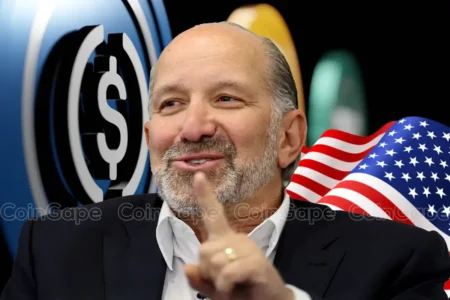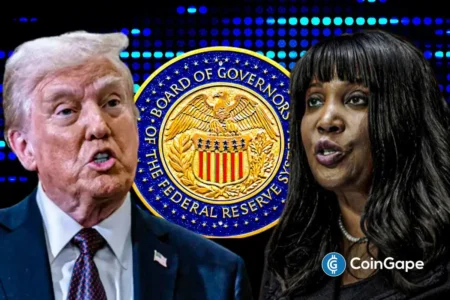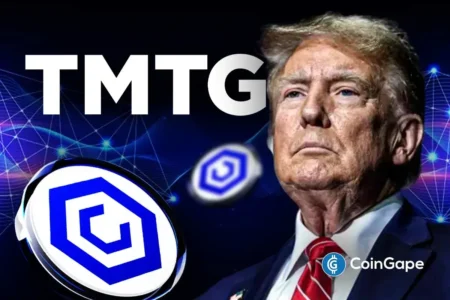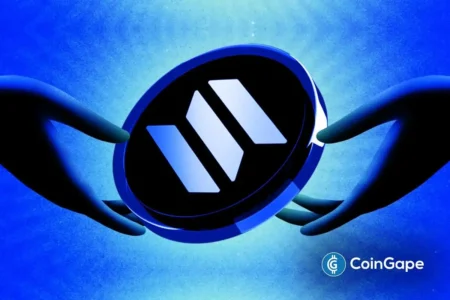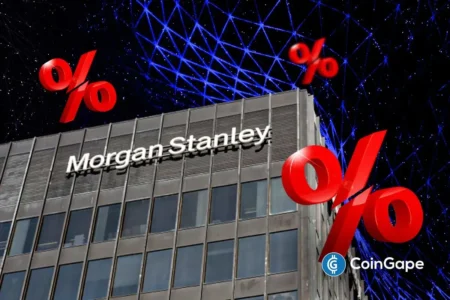The White House Targets ‘Operation Chokepoint 3.0’: An Executive Order for Fair Banking Practices
The White House is reportedly gearing up to sign an executive order aimed at prohibiting banks from blocking customers for politically motivated reasons—a significant step to confront what has been termed ‘Operation Chokepoint 3.0’. This new initiative focuses on ensuring equitable access to financial services and is set to implement penalties against financial institutions that violate crucial laws, such as the Equal Credit Opportunity Act and consumer financial protection regulations. This could mark a pivotal turning point in the relationship between traditional banking and emerging sectors like cryptocurrency.
Understanding Operation Chokepoint 3.0
Operation Chokepoint 3.0 refers to a contemporary effort by banks to restrict financial services for specific industries perceived as politically controversial. The Trump administration’s forthcoming order is expected to empower the government to impose penalties, enforce compliance agreements, and take various corrective actions against financial institutions suspected of such discrimination. This crackdown is poised to reshape the landscape for businesses in sectors like cryptocurrency, where institutions like JPMorgan are already under scrutiny for denying services based on ideological considerations.
The Political Backdrop
The push against Operation Chokepoint 3.0 comes amidst a broader discourse on corporate responsibility and political biases that some banks exhibit. Critics, particularly from Republican ranks, accuse Wall Street banks of engaging in “woke capitalism.” They argue that these institutions are unduly withdrawing support from businesses such as gun manufacturers and fossil fuel companies, which align with more conservative values. Such accusations create a complex interplay between financial viability and political ideology, prompting the need for regulatory balance.
Crypto in the Crosshairs
Since the onset of the Biden administration, a growing number of banking institutions have been unfriendly towards the cryptocurrency sector, effectively giving rise to what some refer to as Operation Chokepoint 2.0. Major financial players, including JPMorgan and Bank of America, have distanced themselves from crypto assets, exacerbating challenges for companies operating within this space. The crypto community is speaking out against these restrictive practices, with tech leaders like Elon Musk highlighting the adverse impact these policies have, claiming many tech founders have faced financial exclusion.
Trump’s Regulatory Vision
As discussions surrounding banking regulations heat up, Donald Trump’s administration is reportedly focused on uniting traditional banking with cryptocurrency. The intention is to create a more inclusive financial system, where both sectors can coexist and thrive. Trump’s criticisms of major banks, alleging that they engage in politically driven decisions, signal a recognition of the urgent need for reform in financial regulations. This newfound focus might pave the way for crypto businesses to gain more acceptance and support from traditional financial institutions.
The Role of Major Financial Institutions
Recent reports underscore that companies like JPMorgan are introducing complex fee structures that could have far-reaching implications for financial technology companies and various service providers, including popular platforms like Venmo and Robinhood. These developments are a clear reminder that the regulatory framework surrounding banks is evolving. By addressing these concerns through the proposed executive order, the government aims to counteract the restrictive nature of Operation Chokepoint 3.0, ultimately fostering an environment conducive to innovation and growth.
Conclusion: A Path Forward
The anticipated signing of the executive order by the White House represents a significant regulatory shift that could reshape the banking landscape, particularly for the cryptocurrency sector. By targeting discriminatory practices, this initiative seeks to establish a more inclusive financial ecosystem. As the government works to bridge the traditional banking system with modern financial technologies, the outcome could facilitate increased access to services for a broader array of businesses. Whether this initiative will indeed create a lasting change remains to be seen, but it undoubtedly sets the stage for a new chapter in the relationship between politics, banking, and innovation.


![Curve [CRV] Could Face Increased Losses Unless THIS Surges Significantly](https://icoinmarket.com/wp-content/uploads/2025/08/Abdul-6-2-1000x600.webp-300x180.webp)






